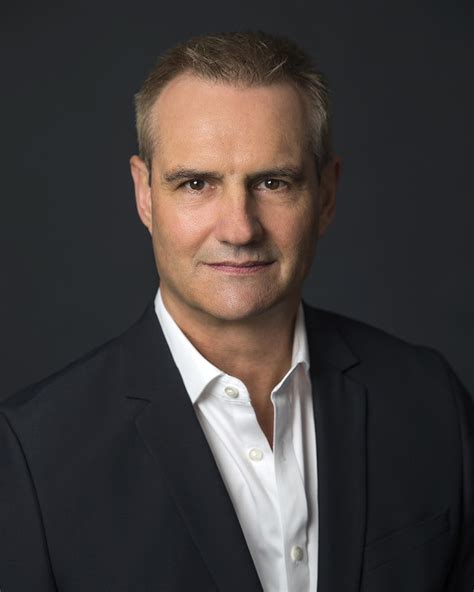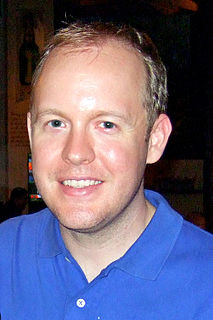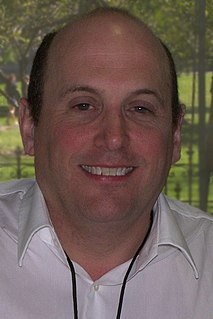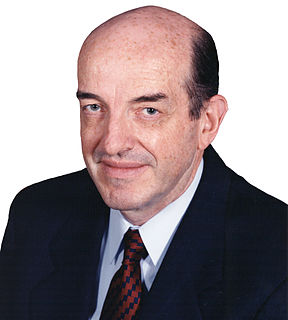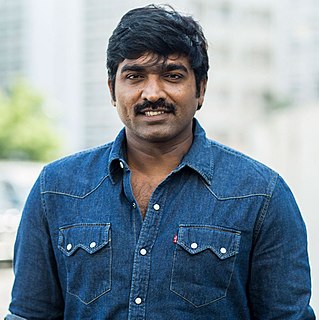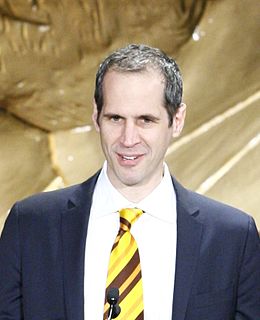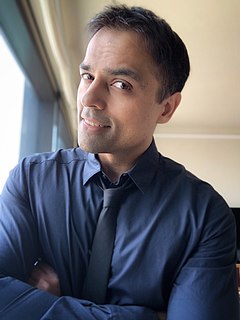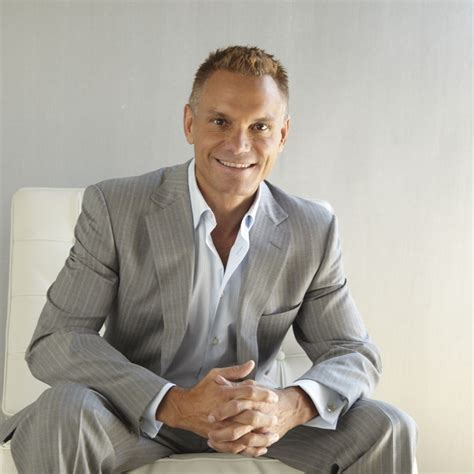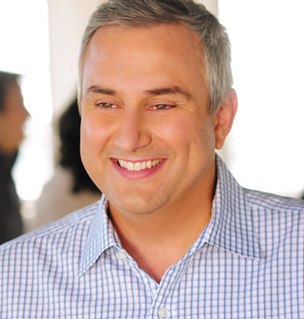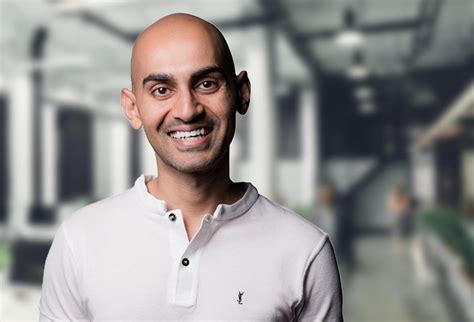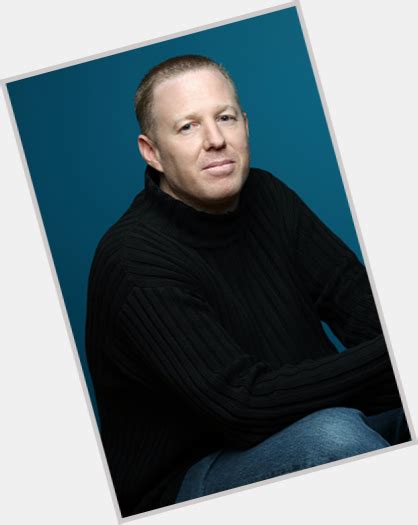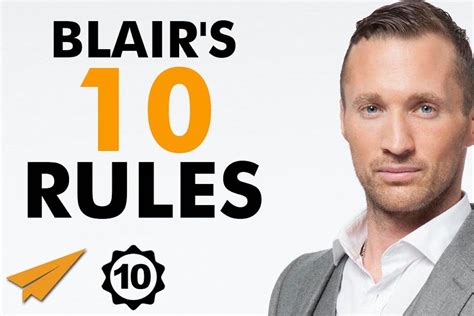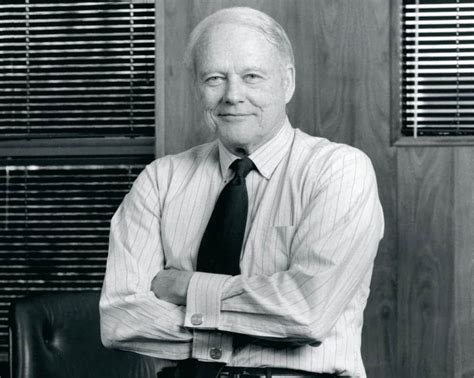A Quote by Christian Rudder
We noticed recently that people didn't like it when Facebook "experimented" with their news feed. Even the FTC is getting involved. But guess what, everybody: if you use the Internet, you're the subject of hundreds of experiments at any given time, on every site. That's how websites work.
Related Quotes
Whether you have a hundred friends on Facebook or whether you're on TV or whatever, at every level, everybody has a platform. We all have a responsibility, given what's going on, to speak using that platform as much as we can, and to engage. Whether that's calling members of Congress, marching, getting involved locally, getting involved with Let America Vote, or if all you can get done during the day is you see the news and you want to make sure your hundred friends on Facebook know what you think about it, that is a really important part of this.
I'm on it pretty much all the time. I edit Wikipedia every day, I'm on Facebook, I'm on Twitter, I'm reading the news. During one of the US elections, I actually went through my computer and I blocked myself from looking at the major newspaper sites and Google News because I wasn't getting any work done.
On the Internet, news is consumed a la carte. If someone shows up on the main page of a website and doesn't see anything of interest, they leave. This negatively impacts ad revenues. The solution on the Internet is to pack news websites full of things that will draw people in, regardless of whether they are news or not.
I am not involved in any 'issues' because it's too sensitive for me - or my wife - to get involved. Every time we express an opinion it becomes a whole thing in itself. And the whole purpose of living in the countryside was to get away from hundreds of people. My wife fell off a horse, and suddenly there are hundreds of people around.
I use many different gadgets connected with computers; I use PCs, laptops and a Palm Pilot. I also use the Internet to visit websites, especially within Polish-language Internet. I usually go to political discussion groups and sites - of course, as I use my real name, people never believe that they are chatting with me!
[Facebook] is shaping a broader web. If you look back for the past five or seven years, the story about social networking has really been about getting people connected... But if you look forward for the next five years, I think that the story people are going to remember five years from now isn't how this one site was built; it is how every single service that you use is now going to be better with your friends.
I'm confused about who the news belongs to. I always have it in my head that if your name's in the news, then the news should be paying you. Because it's your news and they're taking it and selling it as their product. ...If people didn't give the news their news, and if everybody kept their news to themselves, the news wouldn't have any news.
I hope that Facebook and other Internet technologies were able to help people, just like we hope that we help them communicate and organize and do whatever they want to every single day, but I don't pretend that if Facebook didn't exist, that this wouldn't even be possible. Of course, it would have.
Journalism continues to go south, thanks to big media and its strangulation of news, and there's not much left in the way of community or local media. Add to that an internet that has not even started thinking seriously about how it supports journalism. You have these big companies like Google and Facebook who run the news and sell all the ads next to it, but what do they put back into journalism? It isn't much.
I was active on Facebook for a while, responding to comments and thanking fans for their appreciation. But I found that the Facebook feed was numbing my emotions. I'd see an extraordinarily tragic news item, and even before I could react to it, see a hilarious meme right below it. This was confusing me.



